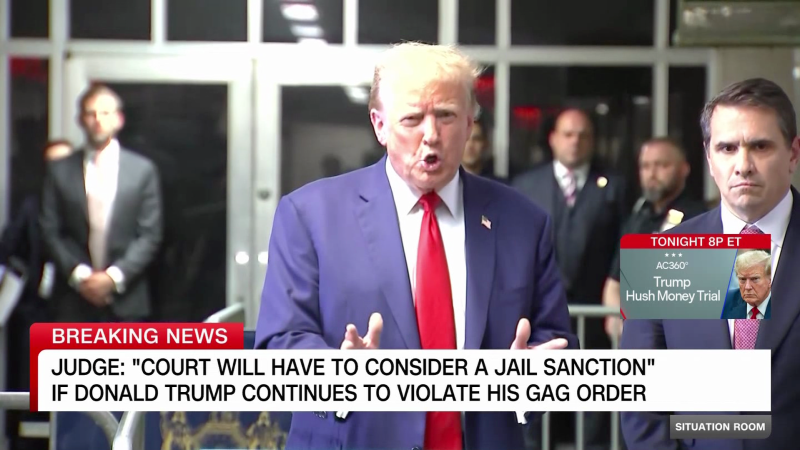Liberals, too, have attacked measures they deemed to constitute illicit racial preferencing on behalf of Black people. When the Congress of Racial Equality, or CORE, proposed “compensatory” hiring in the early 1960s — selection schemes that would give an edge to Black people on account of past victimization and the lingering disabilities caused by historical mistreatment — many liberals resisted. Asked about CORE’s demands, President John F. Kennedy remarked that he did not think that society “can undo the past” and that it was a mistake “to begin to assign quotas on the basis of religion, or race, or color, or nationality.”
Kennedy’s comment that it would be a mistake “to begin” to assign quotas reflects a recurring misimpression that racial politics “begins” when those who have been marginalized make demands for equitable treatment. When Kennedy spoke, unwritten but effective quotas had long existed that enabled white men to monopolize huge swaths of the most influential and coveted positions in society. Yet it was only when facing protests against monopolization that he was moved to deplore status-based quotas.
This same dynamic has been recurrent in subsequent decades: Every major policy seeking to advance the position of Black people has been opposed on the grounds that it was race conscious, racially discriminatory, racially preferential and thus socially toxic. That racial affirmative action in university admissions and elsewhere has survived for so long is remarkable given the powerful forces arrayed against it.
Some will say that their abhorrence of racial discrimination impels them to oppose any race-based policy, including that which purportedly helps African Americans. That response would deserve more deference if those who typically voiced it had a more impressive record with respect to fighting old-style anti-Black racism. Historically, though, those who have been at the forefront of attacking affirmative action have hardly been militants in challenging white supremacist policies, habits and customs. Often, the only discrimination that snags their empathy is that which they see as adversely affecting white people.
Some will say that I am exaggerating because opposition is focused only upon policies that explicitly mention race in competitions for scarce opportunities. They declare confidently that race-neutral strategies for facilitating racial diversity will be in the clear. They insist that wealth-based, or income-based, or ZIP-code-based affirmative action will be immune to judicial attack because such markers are not expressly racial, though if tweaked carefully they can dependably yield substantial numbers of Black beneficiaries. That view is naïve.
Zealous opponents of affirmative action have extended their attacks not only to programs that explicitly list racial criteria in efforts to admit greater numbers of Black and brown students; they are also challenging so-called race-neutral programs because of their race-conscious aims. Our future may disclose a horrifying prescience on the part of President Andrew Johnson. It may reveal a serious effort to delegitimize all efforts toward racial integration, diversity, reparations and anti-discrimination because any such effort is inescapably race conscious.
Not every opponent of affirmative action is racist or indifferent to racism. Nor does this history offer a rebuttal to critiques of affirmative action that are weighty and ought to prompt a desire to reform existing programs. The alacrity, consistency and intensity with which programs aimed at helping Black people have been assailed, however, should give pause to all participants in the debate, including the justices of the Supreme Court.







More News
Kris Hallenga, Advocate for Breast Cancer Awareness Among the Young, Dies at 38
Gaza Isn’t Root of Biden’s Struggles With Young Voters, Polls Show
U.S. Army Soldier Is Detained in Russia